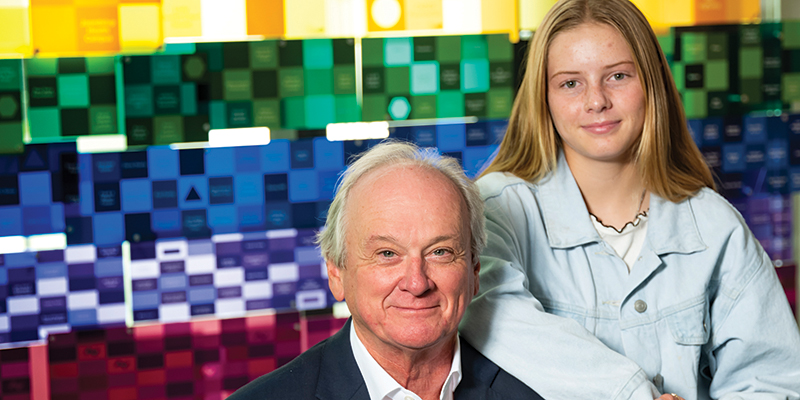Search
Research
Trending now: modelling global epidemiology of type 1 diabetes in children and adolescentsType 1 diabetes, one of the common chronic conditions in children and adolescents, is a serious lifelong condition requiring daily treatment with exogenous insulin for survival. Descriptive epidemiology is important for planning of adequate diabetes health-care provision and could provide clues to aetiology. Over the past few decades, standardised diabetes incidence registries have provided a wealth of data from selected countries.
Research
Effective primary care management of type 2 diabetes for indigenous populations: A systematic reviewIndigenous peoples in high income countries are disproportionately affected by Type 2 Diabetes. Socioeconomic disadvantages and inadequate access to appropriate healthcare are important contributors.
Research
Diabetes Stigma Predicts Higher HbA1c Levels in Australian Adolescents With Type 1 DiabetesAdolescents with Type 1 diabetes (T1D) often need to undertake self-management tasks in public or disclose their diagnosis to others. Therefore, they may be subjected to negative reactions from the public, known as enacted stigma.
Research
Additional Insulin Is Required in Both the Early and Late Postprandial Periods for Meals High in Protein and Fat: A Randomized TrialThe pattern and quantity of insulin required for high-protein high-fat (HPHF) meals is not well understood. This study aimed to determine the amount and delivery pattern of insulin required to maintain euglycemia for 5 hours after consuming a HPHF meal compared with a low-protein low-fat (LPLF) meal.
Research
Antidiuretic hormone and the activation of glucose production during high intensity aerobic exerciseThis study aimed to investigate the role that antidiuretic hormone (ADH) may play in the activation of glucose production during high intensity aerobic exercise.
Research
Utilisation, access and recommendations regarding technologies for people living with type 1 diabetes: consensus statement of the ADS/ADEA/APEG/ADIPS Working GroupType 1 diabetes presents significant challenges for optimal management. Despite intensive glycaemic control being the standard of care for several decades, glycaemic targets are infrequently achieved and the burden of complications remains high. Therefore, the advancement of diabetes management technologies has a major role in reducing the clinical and economic impact of the disease on people living with type 1 diabetes and on health care systems.
Research
Variation in nutrition education practices in SWEET pediatric diabetes centers-an international comparisonNutrition education is central to pediatric type 1 diabetes management. Dietary management guidelines for type 1 diabetes are evidence based, but implementation may be challenging and inconsistent. We describe variation in the practice of nutrition education across pediatric diabetes centers globally and explore associations with A1c and BMI.


News & Events
Smooth sailing for Drina thanks to burden-breaking technologyRecent diabetes technology is helping 12-year-old Drina keep on top of her condition and be independent, while significantly easing the disease burden on her family.

News & Events
'Artificial pancreas' helps ease diabetes burdenThe Centre is currently involved in an international effort to develop revolutionary closed- loop 'artificial pancreas' technology. It is also leading a multi-centre Australian trial of these portable devices at home in young people with diabetes.
